Popular games for franchise Mortal Kombat
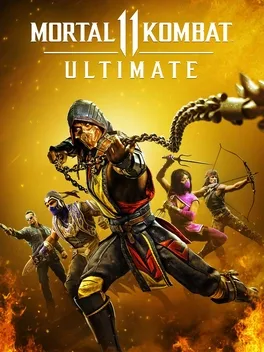
The definitive MK11 experience! Take control of Earthrealm's protectors in the game's TWO critically acclaimed, time-bending Story Campaigns as they race to stop Kronika from rewinding time and rebooting history. Friendships are tested, and new alliances forged, in the battle to save all of existence. MK11 Ultimate features the komplete 37-character roster, including new additions Rain, Mileena & Rambo.
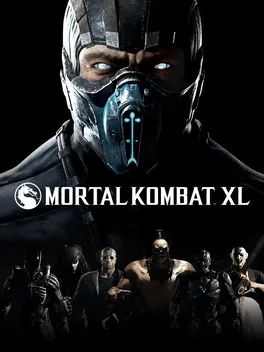
Mortal Kombat XL is the complete edition of Mortal Kombat X. This includes all downloadable content characters from the two released Kombat Packs, almost all bonus alternate costumes available at the time of release, and improved gameplay, and netcode featuring a rollback system.

Mortal Kombat is back and better than ever in the next evolution of the iconic franchise. The all new Custom Character Variations give you unprecedented control of your fighters to make them your own. The new graphics engine showcases every skull-shattering, eye-popping moment, bringing you so close to the fight you can feel it. Featuring a roster of new and returning Klassic Fighters, Mortal Kombat's best-in-class cinematic story mode continues the epic saga over 25 years in the making.
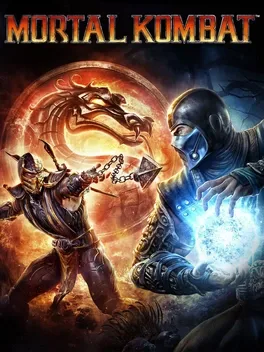
Mortal Kombat is a 2011 fighting game developed by NetherRealm Studios. It is the ninth main installment in the Mortal Kombat franchise and a soft reboot of the series. Although beginning during the events of Mortal Kombat: Armageddon, the plot retroactively revisits the earliest period in the Mortal Kombat series: the events of the first three games. The storyline follows Raiden, the divine protector of Earth, as he attempts to change the outcome of the Armageddon events by contacting his past self.
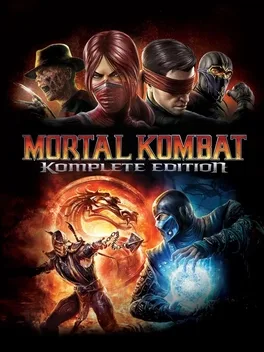
This Komplete Edition is a re-release of the original game. It includes the full game, alongside all previously released downloadable content. It also includes the Mortal Kombat: Songs Inspired by the Warriors album (including a bonus track) and the 1995 Mortal Kombat movie for download, via the PlayStation Store or Xbox Live Zune. For the PS Vita and Windows this is the first release of the game. It has the same content as well as new costumes and a new Challenge Tower (Vita version only) not featured in the versions for other platforms.
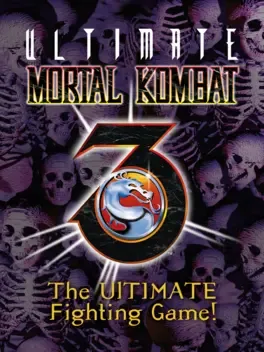
Ultimate Mortal Kombat 3 combines the best of all the Mortal Kombats into a single cartridge. 23 playable characters are immediately available, such as Reptile, Cyrax, Scorpion, Sub-Zero, Jax, Katana, Sonya, and more. There are two bosses that are unlockable, as well as additional characters and a variety of new levels, some of which are interactive. Players can go against the computer one-on-one, two-on-two, or take part in the 8-fighter tournament.
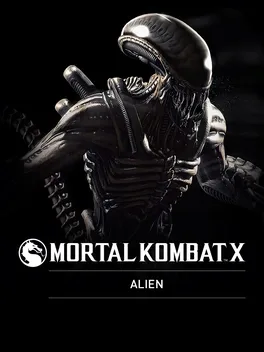
Burst into the game with the Xenomorph from the classic sci-fi horror film franchise Alien.
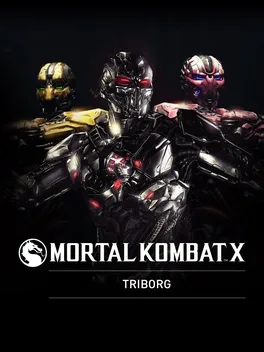
Four robots in one are ready to do some kombat as Triborg with the powers of Cyrax, Sektor, Smoke and Cyber Sub-Zero.
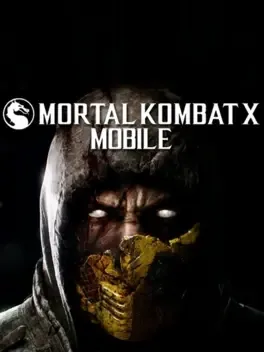
Mortal Kombat X is a mobile game based on the console game of the same name.
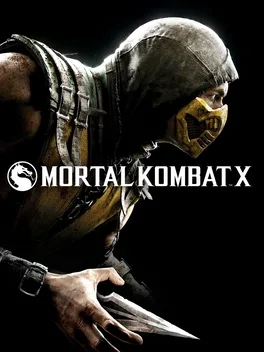
Mortal Kombat X is the tenth main game in the one-on-one fighting series and a sequel to the 2011 title Mortal Kombat. The game stays close to the visual style and the mechanics of the 2011 reboot. The main controls are still based on two types of punches and kicks, and blocking, to form combos with uppercuts, teleports, special moves that incorporate weapons and fatalities. The three-tiered energy from the previous title returns, making available X-Ray moves, powered up EX moves and combo breakers. As introduced in Injustice: Gods Among Us, characters can use the environment to re-position themselves or optionally use parts as weapons. Each character now has three variations with different moves and weapons. There is once again a sprinting gauge, returning from Mortal Kombat 4.
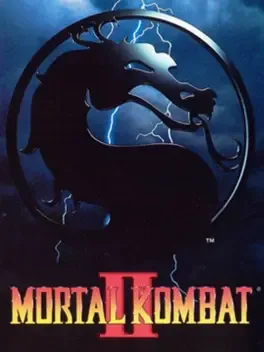
Mortal Kombat II is a fighting game originally developed by Midway for arcades in 1993. It serves as the second main installment in the Mortal Kombat franchise and follows the success of its predecessor by enhancing the gameplay and further developing the original game's mythos. Mortal Kombat II introduces more varied finishing moves and several iconic characters, such as Kitana, Mileena, Kung Lao, the hidden character Noob Saibot, and the series' recurring villain, Shao Kahn.
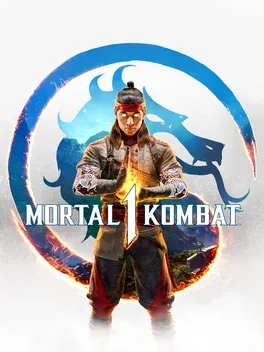
A new era has begun. It's In Our Blood. Discover a reborn Mortal Kombat Universe created by Fire God Liu Kang. Mortal Kombat 1 ushers in a new era of the iconic franchise with a new fighting system, game modes, and Fatalities!
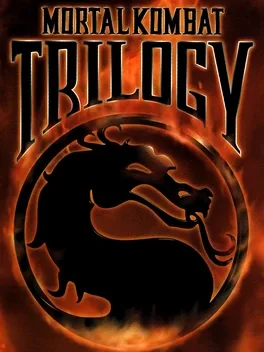
Mortal Kombat Trilogy features the same gameplay and story as Mortal Kombat 3, but adds characters and stages from the other three arcade games, including Ultimate Mortal Kombat 3. Some completely new characters were also introduced. New additions to the game included the "Aggressor" bar, a meter that fills during the course of the match and temporarily makes a player character faster and stronger. It also features the Brutality, a long combination of attacks that ends with the opponent exploding.
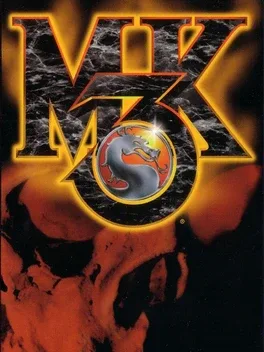
Mortal Kombat 3 brings new elements to the 2D fighting series: multi-level playfields, "Dial-A-Combo" attacks, a "Run" button to speed up the battles, and "Vs." codes, which unlock new powers and abilities once both players enter a code sequence in pre-match-up screens. Also included are more stage fatalities and finishing moves as each warrior attempts to go one-on-one with the Centaurian enforcer Motaro, and Shao Kahn himself.
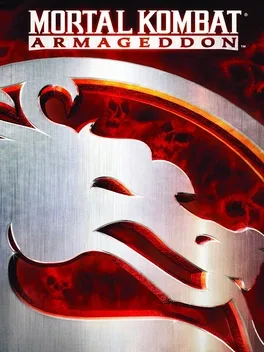
Mortal Kombat: Armageddon brags a roster of 62 characters and sees the return of classic ones from the original Mortal Kombat, such as Reptile, Shang Tsung and Goro. The enhanced Konquest mode (story/adventure mode) improves over the preceding versions, but has a shorter length. There are now 64 arenas (including revamped versions of classic environments) which each have their own tweaks, such as the ridiculous amount of stage fatalities (fatalities are a fancy way of killing your opponent, including classic techniques such as the "spine-rip" or "arm-break").
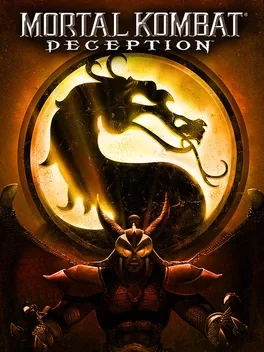
Mortal Kombat: Deception is the sixth installment in the Mortal Kombat franchise. Based on the Mortal Kombat: Deadly Alliance engine, players once again have to fight to stop this new threat in the sixth installment of the fighting series. The standard Arcade, Versus, and Practice modes return, as well as new items to be found in the Krypt. In addition, there are new Konquest Adventure, Chess Kombat, and Puzzle Kombat modes to give the player new mini-games. The Playstation 2 and Xbox versions offer online, competitive play against other players. The Gamecube version does not include online play, but offers Goro and Shao Kahn as exclusive playable characters.
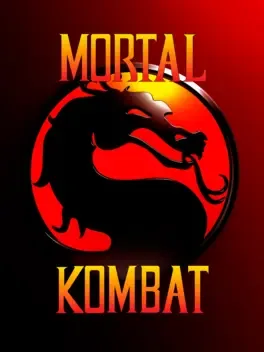
The Genesis port of Mortal Kombat had an edge over the SNES version because it didn't have as much as censoring. For it to have a lower age rating, though, the blood is missing by default from the game, but available through the input of a cheat code. This version was given an MA-13 rating by the Videogame Rating Council.
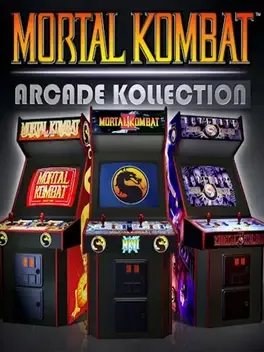
Mortal Kombat Arcade Kollection is a 2011 video game developed by Other Ocean Interactive and published by Warner Bros. Games. It is a compilation of three classic 2D fighting games in the Mortal Kombat series: Mortal Kombat (1992), Mortal Kombat II (1993) and Ultimate Mortal Kombat 3 (1995). The game was created after an ambitious previous incarnation, a HD remake project titled Mortal Kombat HD Arcade Kollection, was cancelled.
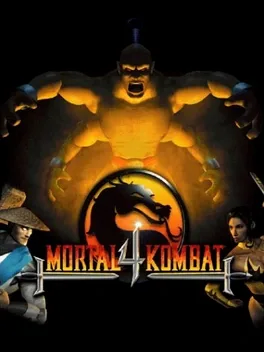
Mortal Kombat 4 is 1 vs 1 fighting game, similar to the other Mortal Kombat games, but this is first game in series with 3D characters models. The player can choose from 15 different fighters at the start (and several unlockables later on). Many fighters from earlier games in the series make a comeback (like Scorpion, Sub Zero, Liu Kang, Sonya Blade, Johnny Cage etc.) while other new fighters join in, like Shinook (who is the main evil character in this game), Fujin, Jarek, and Kai. Goro returns as a boss.
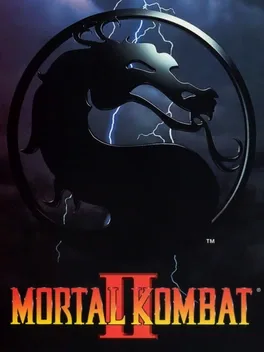
To win the main tournament, the player must beat each of the other human players, before taking on Shang Tsung, Kintaro and finally Shao Kahn. Players have a range of punches and kicks available, as well as flying kicks, uppercuts, roundhouses, and the special moves, which vary for each player. These include throws, uppercuts, long-distance bullets, bicycle kicks and a teleport feature.
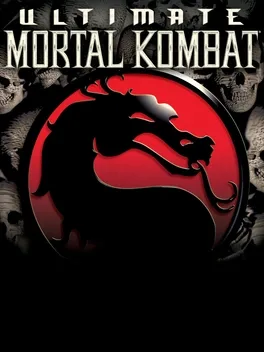
Ultimate Mortal Kombat combines the visceral thrills of the classic "Ultimate Mortal Kombat 3" and the addictive puzzle action of the Puzzle Kombat component of Midway's best-selling "Mortal Kombat: Deception" in a single DS-friendly package. With new record-keeping capability, and Nintendo Wi-Fi Connection multiplayer, players can take UMK anywhere for fighting action on the go.
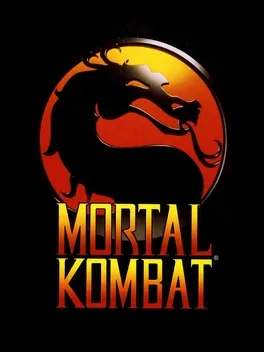
Mortal Kombat is a side-scrolling fighting game. Fighting is set as one-on-one combat, allowing each player to perform a variety of punches, kicks, and special moves in order to defeat their opponent. When the opponent faces their second round loss, the winner can perform a finishing move called a "Fatality" on the loser. The Fatality is a move unique to each fighter that graphically kills the loser in a blood-soaked finale.
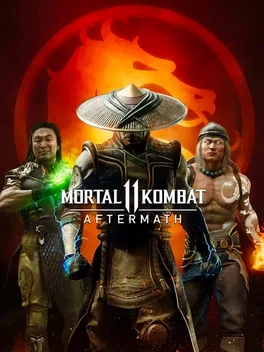
The epic saga continues with Mortal Kombat 11: Aftermath! This new entry expands the critically acclaimed story campaign of Mortal Kombat 11 with an all-new cinematic narrative centered around trust and deceit. Joining the fight will be Mortal Kombat alumni, Fujin and Sheeva, and guest character, RoboCop, making his series debut!
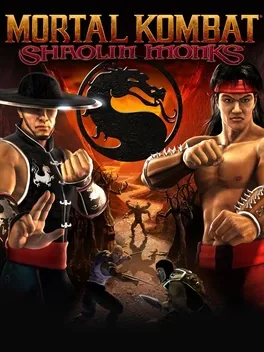
Mortal Kombat: Shaolin Monks is an action-adventure beat 'em up video game set in the Mortal Kombat universe. Players take on the roles of the iconic Shaolin monks Liu Kang and Kung Lao, either solo or in cooperative mode, as they defend Earthrealm against the threats of Outworld. The game offers a reimagining of the storyline from Mortal Kombat II.